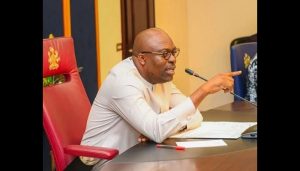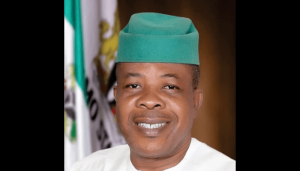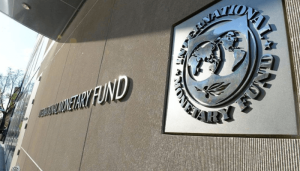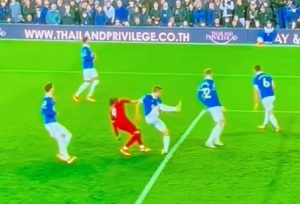Nigerians canvass change in voting pattern in 2023

Ahead of the 2023 general election, Nigerians have been urged to change their voting pattern in order to achieve better results.
Over the years, the voting pattern has centred on zoning, religion, ethnicity and other considerations that have prevented the country from making progress.
Speaking with BusinessDay, some private sector players who craved anonymity said that with what Nigeria is going through, it does not seem the voting pattern will change in 2023.
“The seven years of Muhammadu Buhari administration should have changed the way we think, reason and vote. Here we are still talking about ethnicity, zoning, religion rather than competence. Do I bother where a president comes from, the manner of his worship, if he gives me the kind of leadership that guarantees the safety of my life and property?
“Would I bother who he is and what part of the country he comes from if I enjoy constant supply of electricity, water supply and other things that make life worth living? These are supposed to be the conversations we should be having, not where he comes from and all that,” one of the public sector operators said.
Analysts and politicians who spoke in separate interviews with BusinessDay expressed doubts about the voting pattern changing in the 2023 general election in view of the peculiar nature of politics played in Nigeria. They said that religion and zone of the candidates may still play a role in the voting pattern.
Although they admitted that the electorate was becoming more conscious and had realised that the ruling elite had milked the country’s resources dry, there was nothing showing any likelihood of a shift in voting pattern from the usual.
Kunle Okunade, a political analyst, predicted that the voting pattern might change in the 2023 general election because “the voters are becoming more enlightened on issues that concern the electoral process and the democratic practices in Nigeria.”
“The new media has helped in building consciousness and enlightening the voters on how the ruling elite have milked the country’s wealth and how poorly the current leaders in power have performed. This would shape voting behaviour and indirectly alter voting patterns this time around,” Okunade said.
He, however, noted that based on how the political gladiators are throwing up their campaigns tilting towards religion and ethnicity or geopolitical zone, some voters may still be carried away with such and could retain their voting behaviour.
According to him, some of those who participated in 2015 elections may change their voting pattern.
Read also: 2023 election: Shun vote buying, ballot box snatching, violence
“The only danger may be the weaponisation of poverty by the ruling elite, because many households are significantly impoverished with bad and non-performing fiscal and monetary policies of the ruling party,” Okunade added.
Wale Oshun, politician and public affairs analyst, did not completely agree with the observations of the pundits, saying that the voting pattern in 2023 could depend on the candidates presented by the two major political parties.
Oshun said although electorates tend to vote along party lines, the voting pattern in Nigeria had changed in recent decades because of indiscriminate cross-carpeting by politicians.
He said, “Changes depend on the candidate; there are some places you can’t pin down to a particular political party alone. Some voters are progressives and they vote along that pattern. Others are conservative; they vote along those who share their ideologies.
“But mind you, it is very difficult now to say this is what this party stands for because of the way politicians move from one party to the other. And when you look at all these defections, it is done for their selfish interest.”
“But I think it is in the best interest of Nigerians to vote for a candidate and party that would help their cause, considering what they have gone through over the last ten years. They should look at the candidates and know they owe themselves that response without anybody prompting them,” he said.
Anayo Ezugwu, a political analyst, said the voting pattern may likely remain the same in the 2023 general election, because Nigerians tend to show more interest in the election where they have a stake.
He said, “I don’t think much would change in the 2023 general election; it also depends on who the parties are bringing as their presidential candidates. The northerners would show interest in someone from their region first and also someone who shares similar religion with them.
“They are not like the voting population in the South that is liberal, especially when it comes to religion or tribe. So, I can tell you that an Igbo man would show more interest in participating in the general election when a candidate from his region is on the ballot or the presidential candidate of any of the major party is from the East.”









